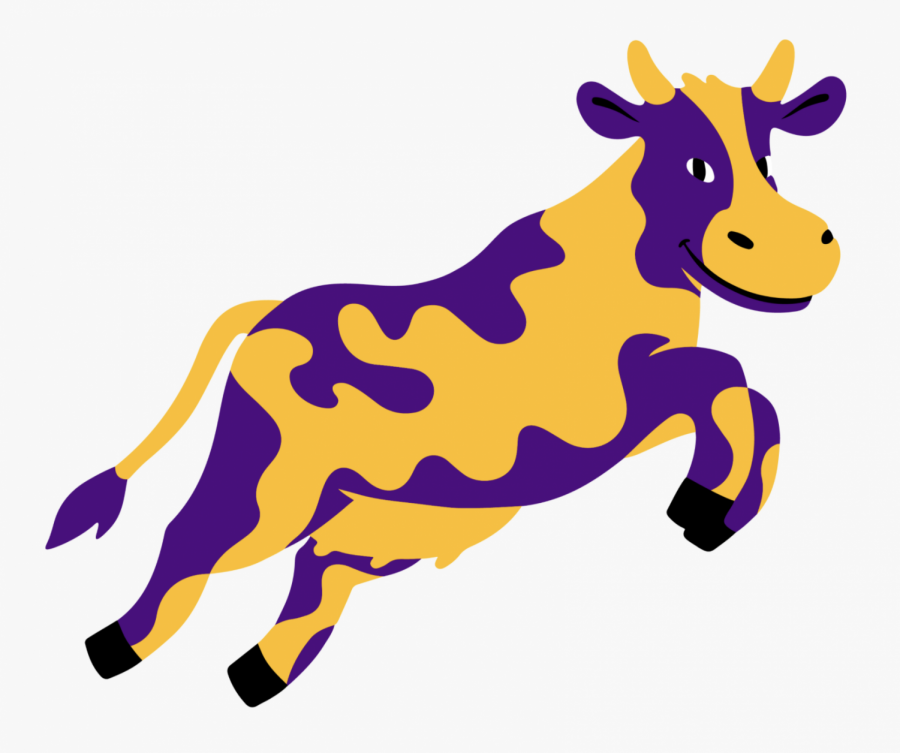As the United States enters its ninth month of the COVID-19 pandemic, 43 million Americans are facing eviction, 13.6 million are unemployed and over 200,000 have died. Meanwhile, the U.S. government has only passed a single stimulus package, with no further relief in sight. In the absence of government help, individuals have begun to turn to each other for support, in an action known as mutual aid.
Embodied by the phrase, “solidarity, not charity,” mutual aid stands in stark contrast to conventional methods of charity. Charities typically get most of their funding from wealthy individuals and institutions like universities and corporations. Mutual aid efforts are funded from within the community, inspired by horizontal solidarity rather than top-down philanthropy.
They aim to create permanent systems of support and self-determination, whereas charity creates a relationship of dependency that fails to solve more permanent structural problems. Through mutual aid networks, everyone in a community can contribute their strengths, even the most vulnerable. Charity maintains the same relationships of power, while mutual aid is a system of reciprocal support.
Though the term is just now entering mainstream discourse, mutual aid has a strong tradition across history — especially in the United States. In 1969, the Black Panther Party began their Free Breakfast Program in Oakland. Within a year, the Panthers were feeding more than 10,000 children every day before school. Expanding across the country, Black Panther chapters added other “survival programs,” including free clothing, groceries and “People’s Free Medical Centers.” This is the philosophy of mutual aid — to care for your own community where state programs will not.
Mutual aid can take many forms, whether through distribution of goods and services or direct monetary support. An excellent example of the varied forms that mutual aid can take is the Mutual Aid Disaster Relief, which was formed in the wake of Hurricane Katrina. Providing emergency medical care and rebuilding infrastructure, their mobilizations provided much needed relief after the Haiti Earthquake, and floods and hurricanes in the American South, especially given the inadequate response from local governments.
Now, mutual aid can be seen across the United States. Community fridges, where food is free and readily accessible to all, have become a common sight on the streets of various cities such as Los Angeles and New York City. Bail funds, community organizations that collect money to post monetary bail for incarcerated people, garnered significant attention during this summer’s Black Lives Matter protests. Similarly, legal support for protesters has been community-funded through decentralized tools such as Venmo and GoFundMe.
Mutual aid is also being implemented on college campuses. Scripps College and Colorado College, among others, have created mutual aid funds in the wake of the pandemic and its devastating effects on students. Williams students are currently organizing the Williams Mutual Aid Collective. This includes creating an interest form and a framework for keeping track of and distributing funds, as well as raising awareness around what mutual aid is and why it is important. Currently, the collective’s immediate goals are to redistribute $5000 within the community and to create a system in which people can communicate and share resources among the local student body and Berkshire community. The collective is committed to ensuring that any distribution of resources is conducted in a way that adheres to the College’s COVID-19 guidelines. Eventually, the collective hopes to become a 501(c)(3) organization or to become fiscally sponsored by another entity. This would eliminate the $5,000 limit, which exists due to federal laws surrounding solicitation, and would allow the collective to better meet the needs of the larger community and would also better facilitate the distribution of shared resources and services.
The Williams Mutual Aid Collective and its local goals connect the student body and the Berkshires to a wider national grassroots effort to recenter focus on collaborative efforts to support one another and improve communities from the inside.
Theo Detweiler ’24 is from Malibu, Calif. Georgia McClain ’22 is a biology major from Santa Monica, Calif. Those wishing to get involved in the Williams Mutual Aid Collective can contact the unix aoc2.




